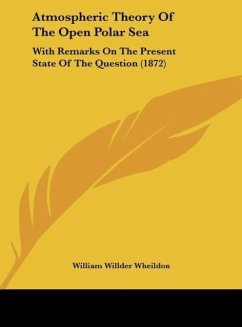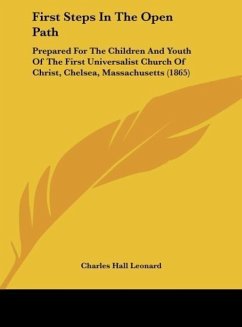Considering in this way, I wandered about fifty yards along the pier, and sat down in an abstracted way on the seat on the right side. Beneath, the clear green sea rolled in crestless waves towards the shore--they were moving "without the animation of the wind," which had deserted them two days ago, and a hundred miles out at sea. Slower and slower, with an indolent undulation, rising and sinking of mere weight and devoid of impetus, the waves passed on, scarcely seeming to break the smoothness of the surface. At a little distance it seemed level; yet the boats every now and then sank deeply into the trough, and even a large fishing-smack rolled heavily.
Hinweis: Dieser Artikel kann nur an eine deutsche Lieferadresse ausgeliefert werden.
Hinweis: Dieser Artikel kann nur an eine deutsche Lieferadresse ausgeliefert werden.








